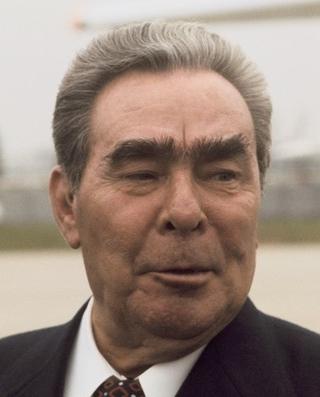The Soviet Union during its existence lived according to three basic laws. USSR constitutions were adopted in 1924, 1936 and 1977. The changes to the fundamental law had their own logic.
The peculiarity of the 1924 Constitution of the USSR was that it did not proclaim the equality of all citizens, as happened after some European revolutions, but, on the contrary, limited the rights of representatives of all classes of society, except for the worker. In addition, it had a foreign policy orientation in some of its provisions, in particular, the goal of the created proletarian state was a world revolution, naturally accompanied by ruthless suppression of all exploiters. The result of this process, as conceived by the authors of the first Constitution of the USSR, was to be the World Socialist Republic.
Instead of the territorial division characteristic of the Russian Empire, the new basic law provided for a national policy, according to which each of the nations inhabiting the USSR received its land and the right to self-determination. There were four republics in total: the Transcaucasian Federation (Armenia, Azerbaijan, and Georgia), the Byelorussian SSR, the Ukrainian SSR, and the RSFSR. I.V. was considered a connoisseur of national relations in the Leninist Politburo. Stalin, he was instructed to develop this line.
The 1924 Constitution of the USSR introduced all-Union citizenship, a single payment unit, regulated many other issues, and also established the state border.
The second congress of Soviets was held in January; the document was adopted on the 31st, ten days after the death of Lenin.
The Constitution legislated the creation of the world's first state of proletarian dictatorship.
The question of the possibility of building socialism in one country has long been the subject of the most heated discussions between party groups. In the mid-thirties, it became clear even to skeptics that a new state exists, despite the hostile capitalist environment, and then a streamlined wording appeared that socialism was built “mainly”, but it was too early to talk about its final victory. Moreover, it turned out that the role of the state is not decreasing, but quite the contrary, is growing. In 1935, at the February plenum of the CPSU (b), a decision was formulated on the need to update the Constitution of the USSR. The commission included Radek, Litvinov, Bukharin and other old party members, and Stalin headed it.

The Eighth All-Union Congress of Soviets adopted this document on December 5 of the following year. It was simply impossible not to accept, because it was beautifully composed. To assess the legal flawlessness of the act, it is enough to mention that the text of the Universal Declaration of Human Rights , adopted in 1948, included whole chapters of the Stalinist constitution. Freedom was proclaimed by all imaginable. All citizens have become equal. Although the goals of the Soviet state remained the same, and the aspirations for a world revolution have not been canceled. The new Constitution of the USSR spoke of this as if casually, as the possibility of adopting new republics, of which there were already eleven in the first edition.
The text of the main law stated that the exploiting classes were liquidated, private property was declared illegal, but the right to personal property was guaranteed.
An important section of the Constitution was the one that determined the procedure for making amendments. This opportunity was not out of place, until 1947 it underwent seven amendments and one new edition.
In 1977, after making another three and a half dozen changes, a new fundamental law was adopted. The existence of the world socialist system made it possible to talk about the “final victory” of the new social formation. In general, the text of the document was similar to the previous legislative act, only rights and freedoms became even greater. The USSR Constitution Day began to be celebrated on October 7, and not on December 5, Soviet citizens did not feel other changes.